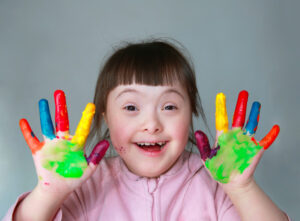
Understanding Rare Disease Symptoms
Genetic syndrome symptoms are many and varied. Each of the 7,000 genetic syndromes currently identified presents with it’s own unique set of symptoms, including characteristic facial features and medical conditions. However, even within a genetic syndrome, symptoms may vary from mild to more severe. It is also often common, with some rare diseases, for siblings […]








